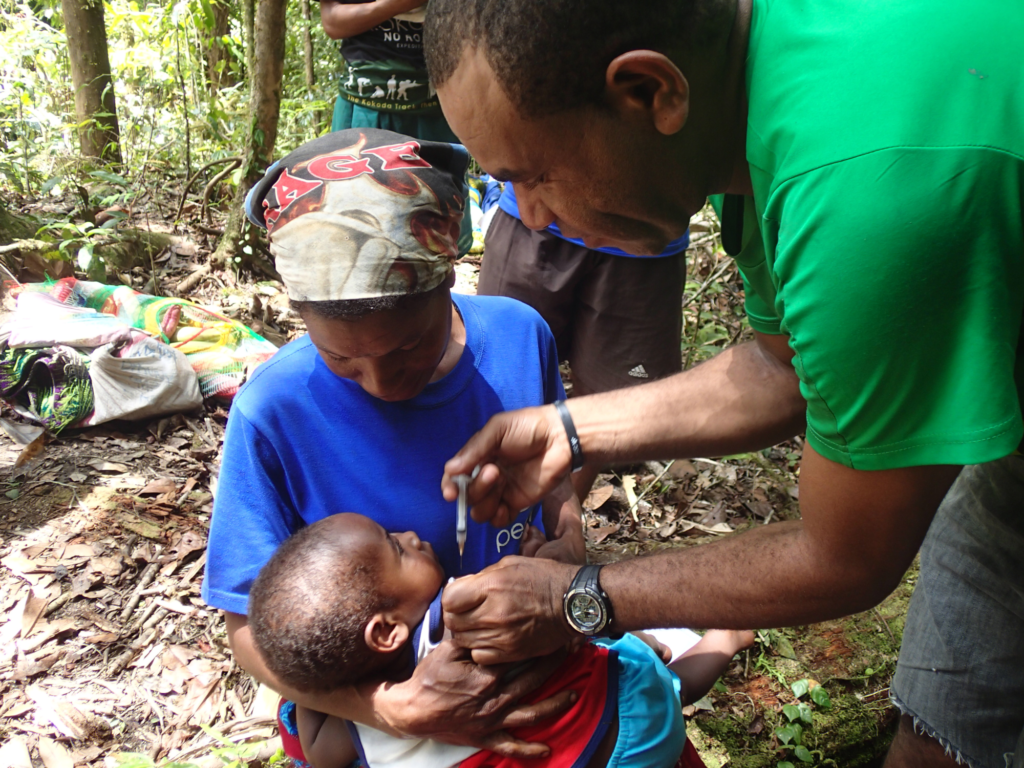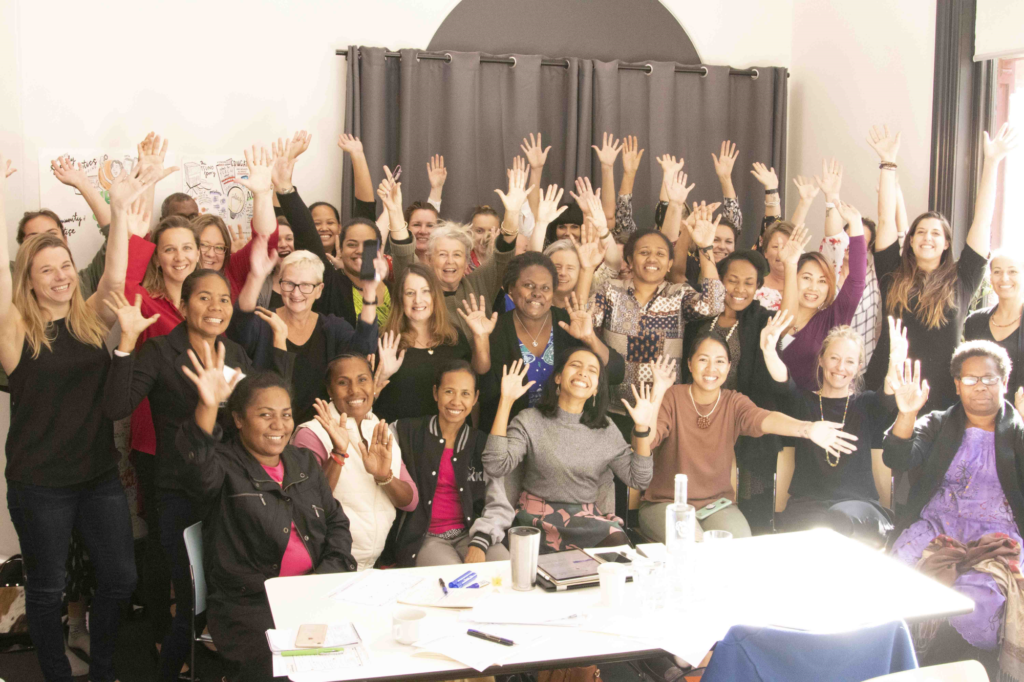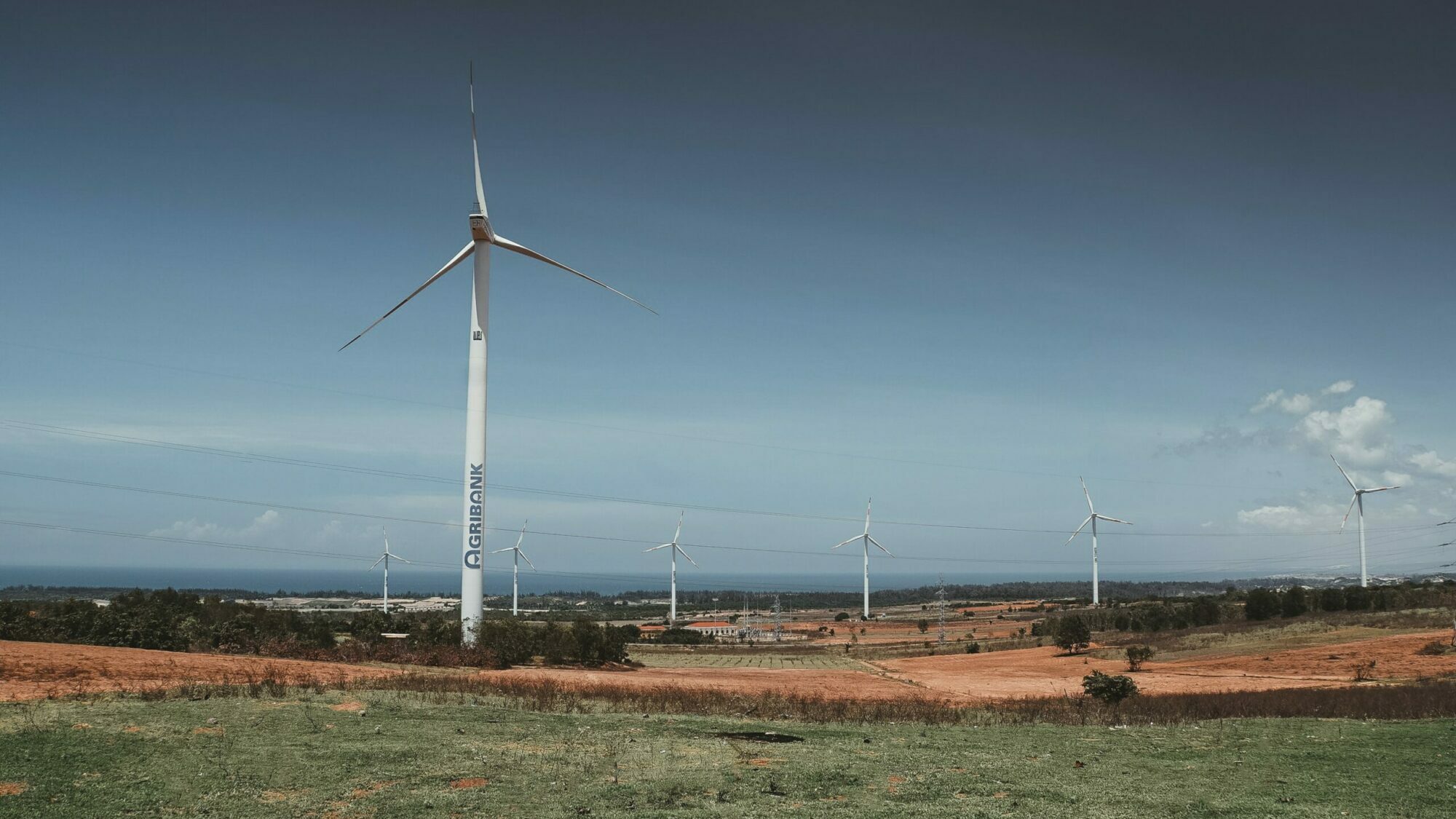
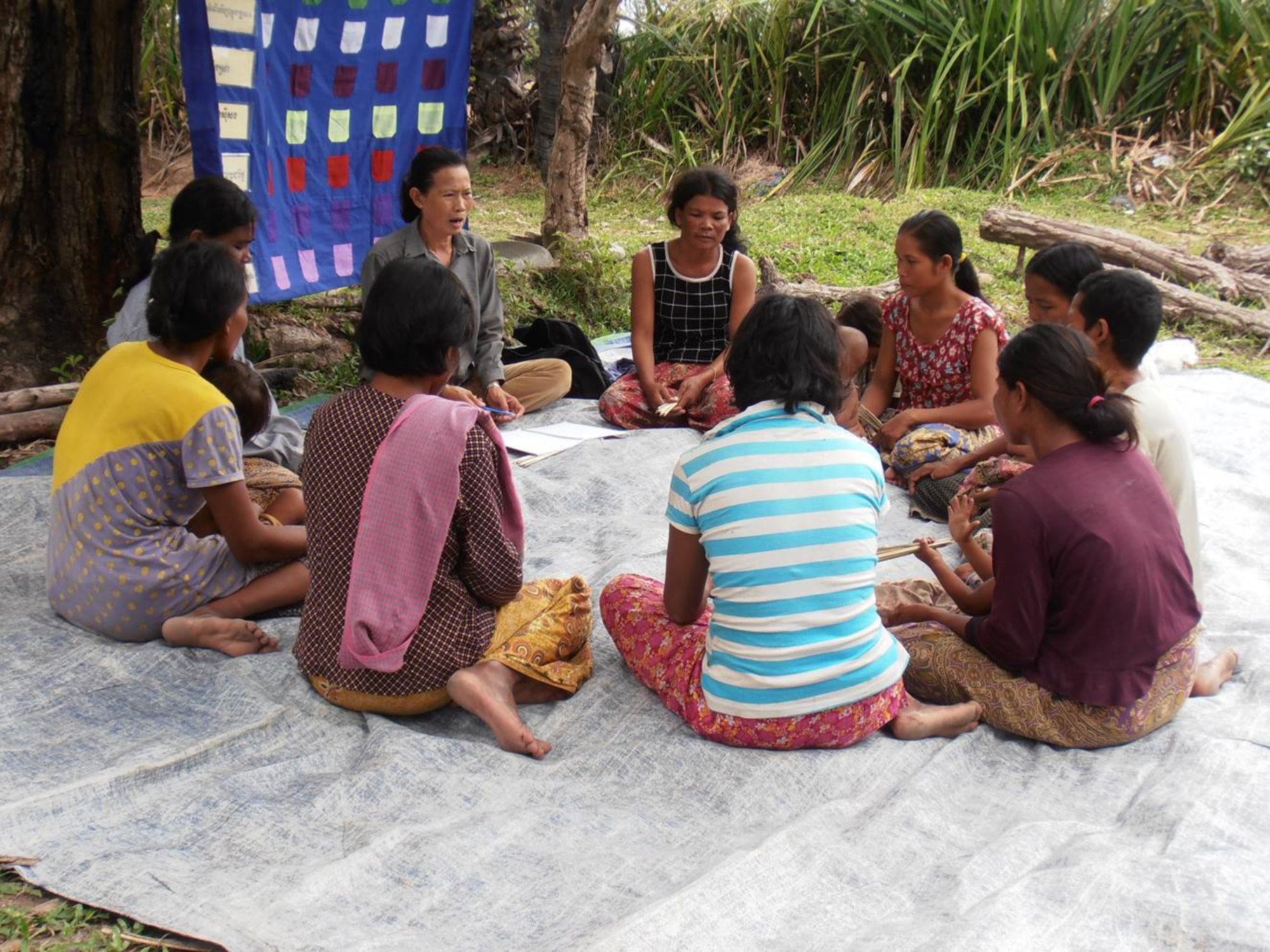
By Cheryl Clay
The EVAW program supported a range of research activities to better understand the Cambodia context, identify trends in violence and provide options for how the data could contribute to violence prevention policy. The research undertaken throughout the EVAW program increased the availability of Cambodia-specific research and evidence to support government planning and service provider intervention approaches.
The 2015 National Survey on Women’s Health and Life Experiences (Prevalence Study) found that 1 in 5 women report having experienced physical and/or sexual violence by an intimate partner at least once in their life, and 90 percent of these women had been hurt severely enough to need health care. Even more confronting, the study found that almost 50 percent of women believe a husband or partner is justified in hitting his wife or partner.
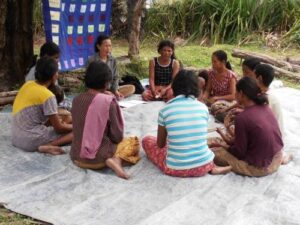
Similarly, the 2015 Cambodian Demographic Health Survey found that 27 percent of men believe that a husband is justified in beating his wife if she burns the food, argues with him, goes out without telling him, neglects the children, or refuses to have sexual intercourse with him. Gender inequality is a significant underlying cause of gender-based violence. The 2015 Gender Inequality Index ranks Cambodia 112 out of 159 countries with high levels of gender inequalities across the areas of economic, political, education and health services.
The EVAW program achieved meaningful outcomes for women in Cambodia across five key areas; services, prevention, justice, institutional support and coordination, and research and evidence. Activities focused on engaging local government authorities, civil society and the private sector to improve institutional support and coordination of responses for victims of gender-based violence in Cambodia.
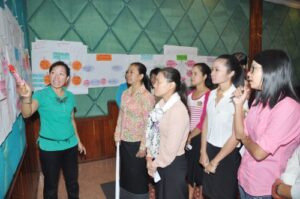
This included strengthening referral mechanisms for victims of violence and increasing access to a range of support services including health, legal and accommodation support., A key success was the formal establishment and official endorsement of the provincial and district gender-based violence working groups as sub-groups of the women’s and children’s consultative committees, the official forum for referral of GBV and family violence matters
More than 12,000 women and their families were provided with shelter, counselling, legal aid and peer support services, and more than 18,000 people participated in training and community awareness programs, including 1,747 law and justice officials, 348 health care professionals and 2,509 local authorities.
EVAW supported MOWA to develop and implement the Second National Action Plan to Prevent Violence Against Women 2014-18 (second NAPVAW), a whole-of-government approach to develop and implement responses to, and the prevention of, violence against women in Cambodia.
The EVAW program concluded in September 2017 after a five-year lifespan, having been implemented by Tetra Tech International Development since 2015. We were proud to manage the EVAW program, supporting the Australian Government and the Royal Government of Cambodia’s commitment to ending violence against women in Cambodia.

